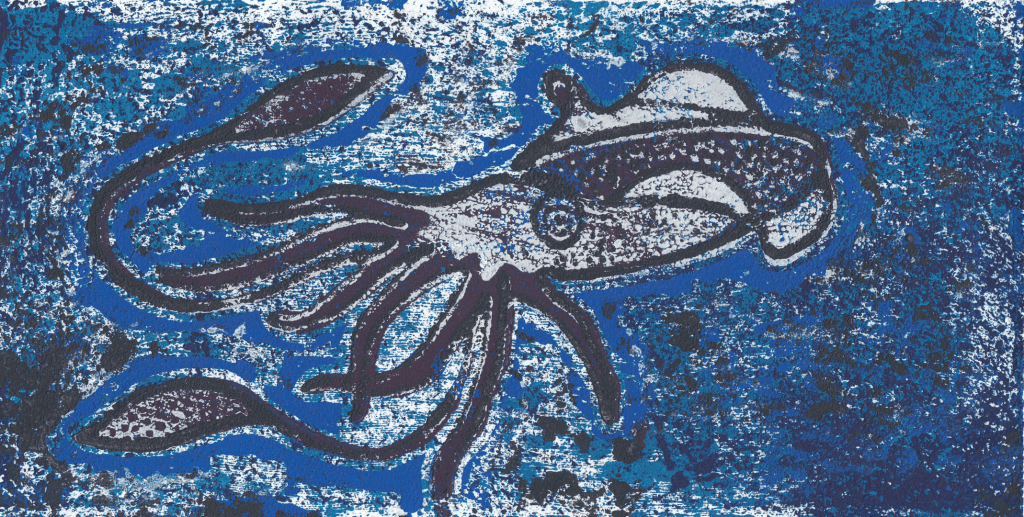
AUD$56billion? Ridiculous evalulation. Just ridiculous. Completely wrong!
Did economists consult with biologists or materials scientists for their evaluation I wonder?
I think it’s worth more like 56 trillion to 56 quadrillion dollars, if you take into account all the endemic species, all of the “natural services” they provide, the potential for developing new medicines, the potential to study lifeforms in terms of their unique material properties and the potential to one day eliminate e-waste altogether…
Because I don’t look at a fish and see just a fish. I look at a fish and see a self-replicating biodegradeable waterproof robot with twice the swimming efficiency of a traditional propellor driven-submarine. Name one electronic device or invention that has the combination of all these properties. Name one! If this civilisation truly wants to be more ‘sustainable’, then technology is going to have to start resembling more organic/biological structures… that is my vision of “the future”.
There is a lot of stuff that we still don’t know. I am no biologist, but do researchers know how genes influence species’ morphology (and patterns) in all marine species living in the Great Barrier Reef? The actual mechanisms?
How does the organisms final shape come about? Why does an octopus have eight arms? How does living tissue ‘know’ when to stop producing scales and start producing fins or something else? Why do fish eyes appear where they do instead of half way down the animals’ body?
AFAIK, those are still unanswered questions… when we know that, we might be able to create our own reef ecosystems. And I don’t mean ‘cheating’ by simply pfaffing about mixing pre-existing strands of DNA. I mean, starting by scratch (synthetic DNA). Until then, the Great Barrier Reef and the biodiversity that it contains is literally priceless, aren’isn’t it?
The trouble with estimating the long-term benefits of scientific research is that it is really unknown. Any half-way decent scientist would say “Where are your error bars?”
And here’s the thing. I don’t think you have taken into account the loss of potential revenue from future scientific research. Is that not significant?
For instance: What would the US military pay for adaptive camouflage? What would they pay for uniforms that blended into their surroundings like a cuttlefish or octopus? Because that would give them a HUGE advantage in close combat, wouldn’t it? If the ‘enemy’ could barely even see something approaching.
